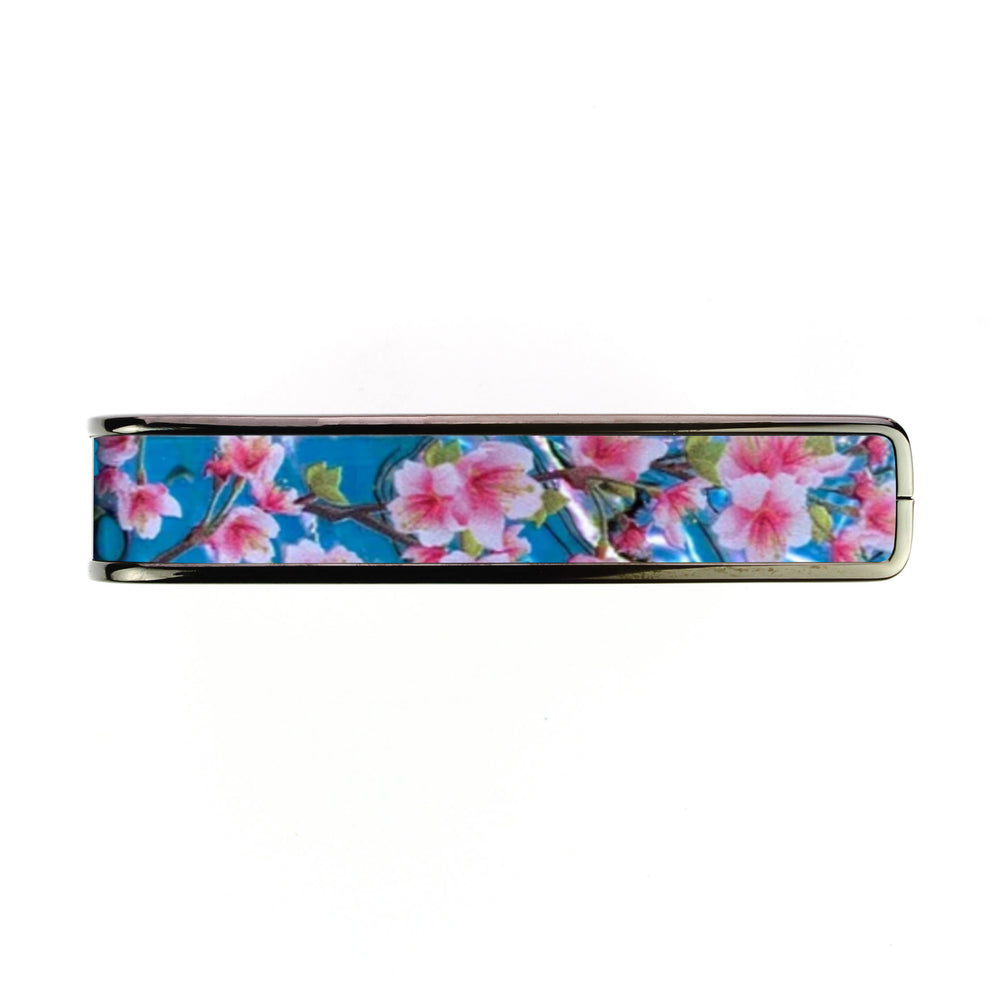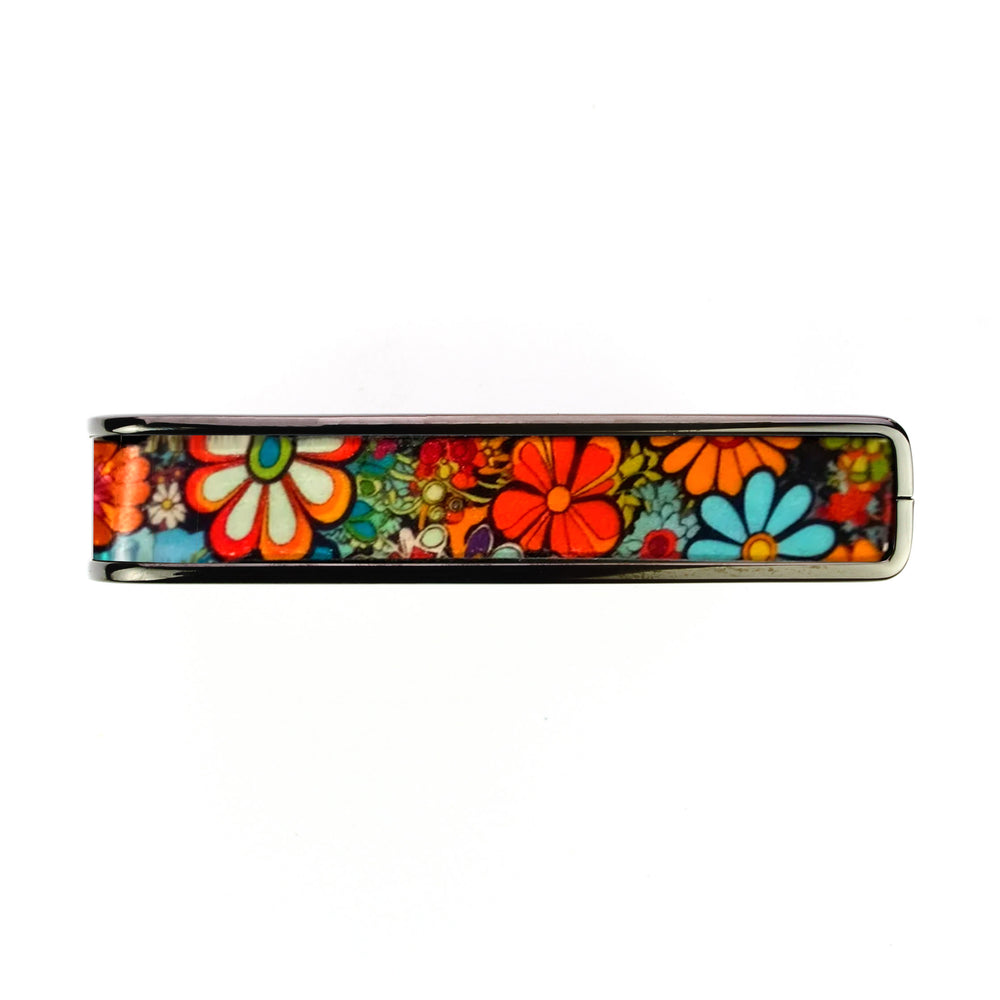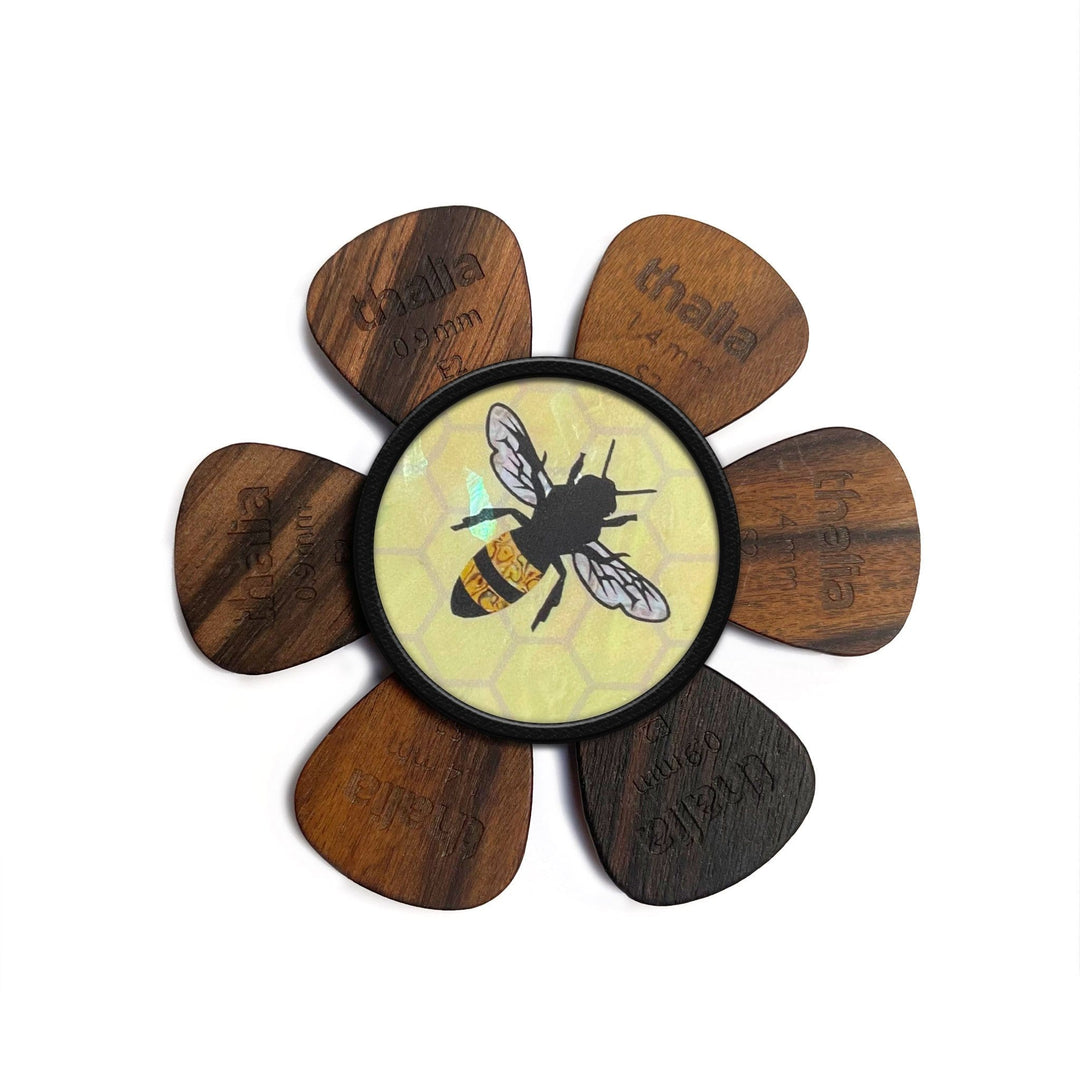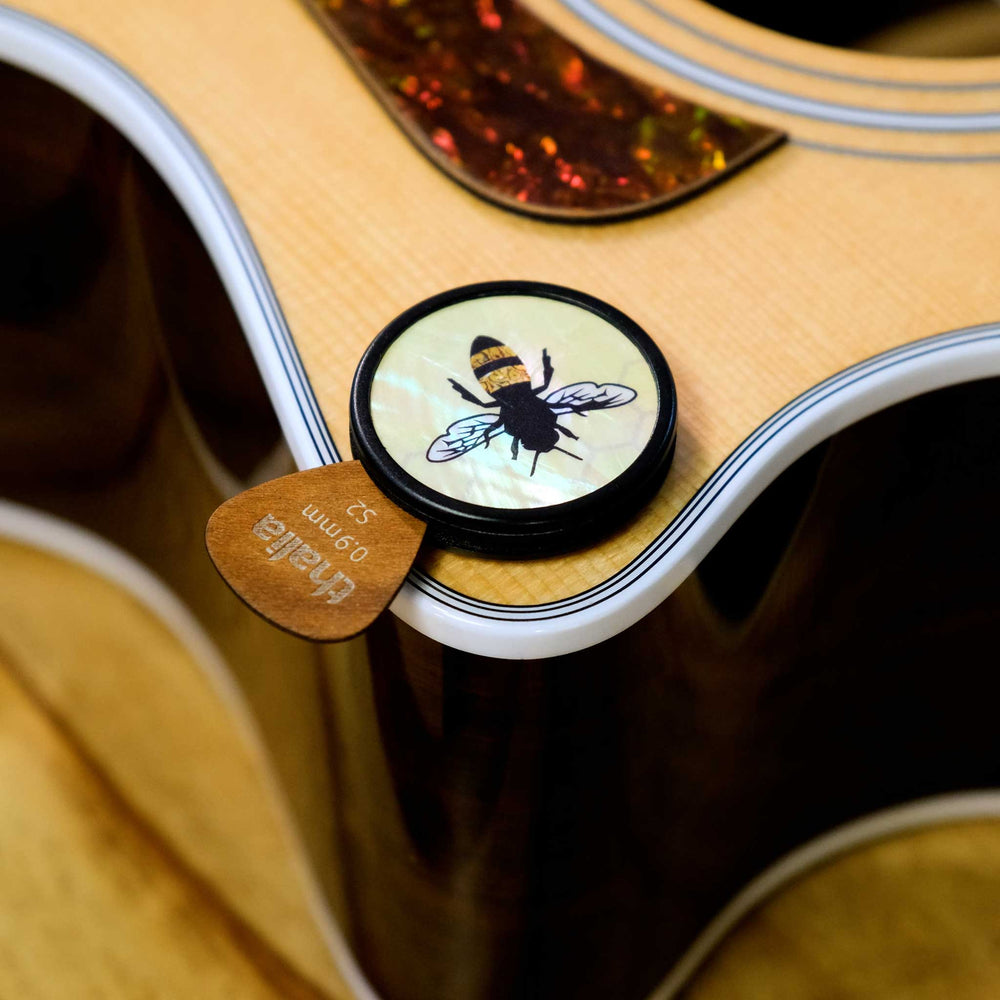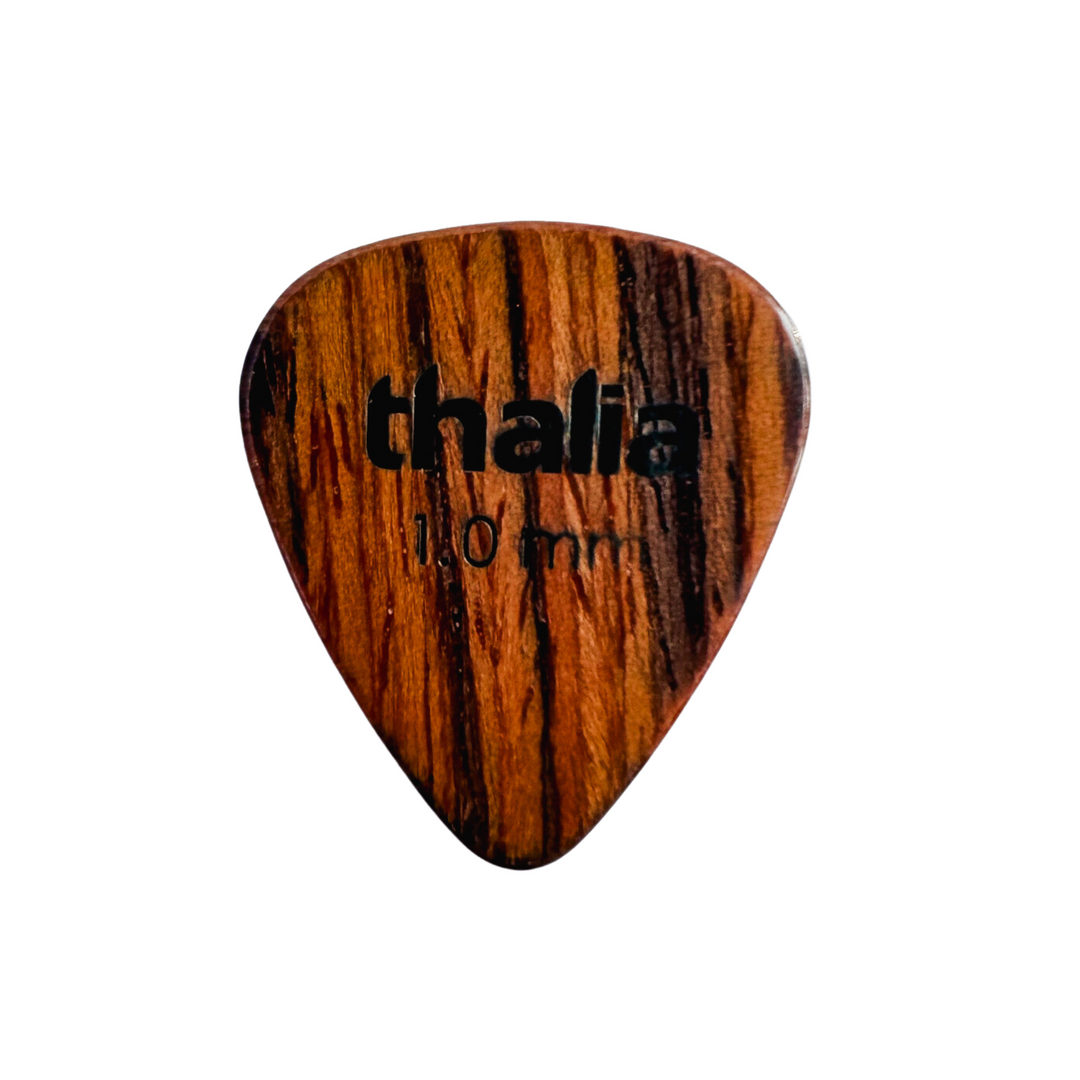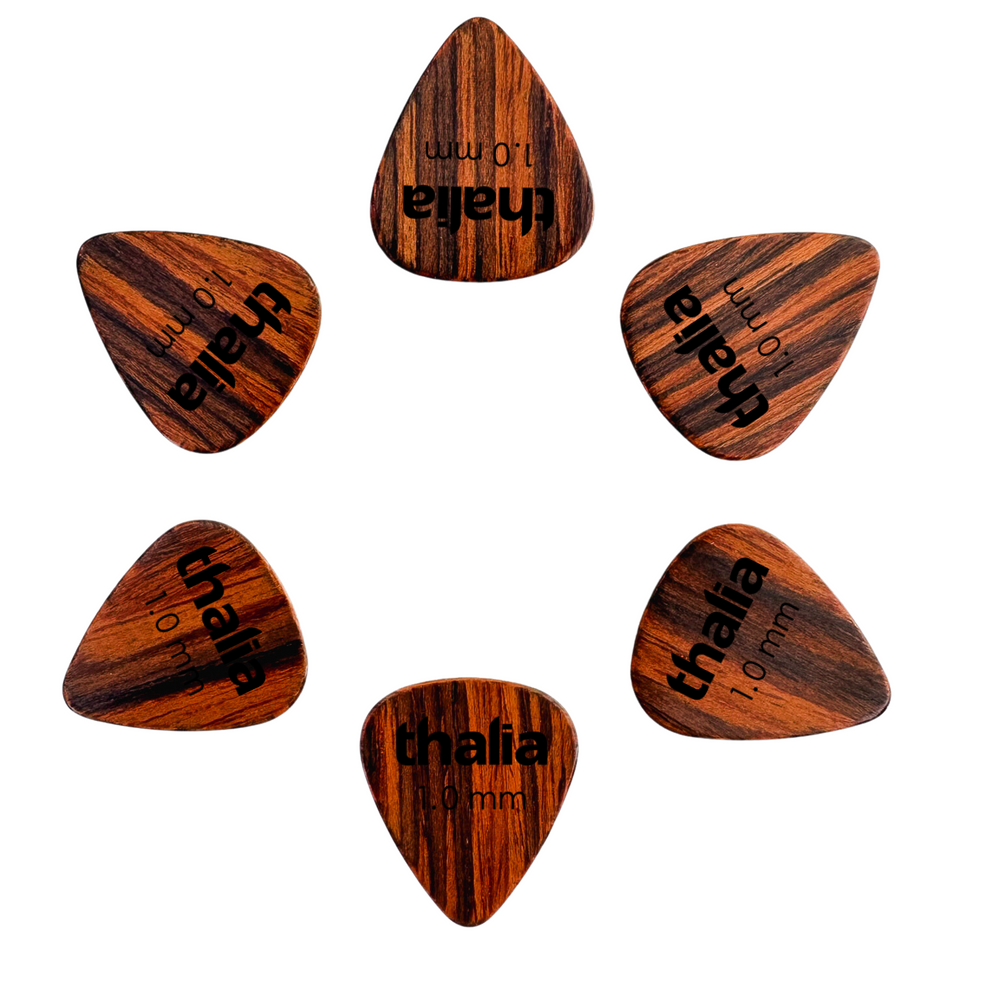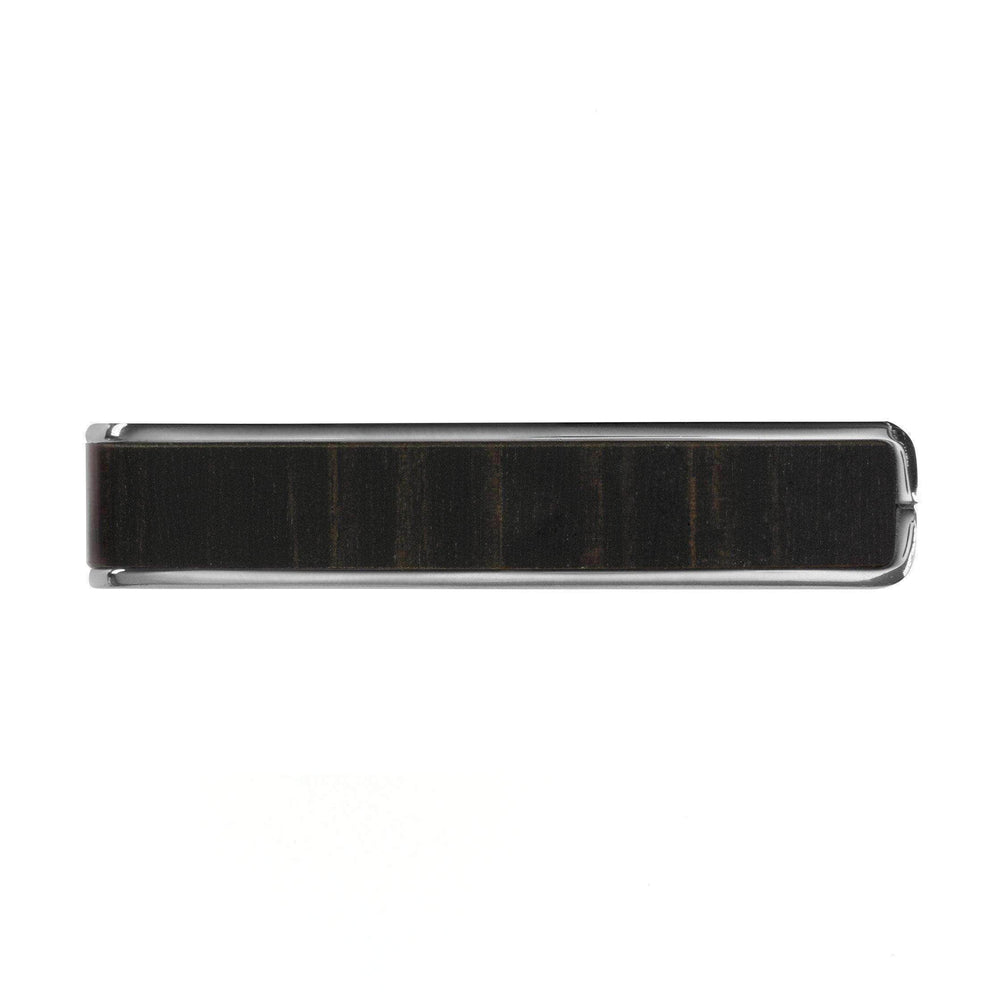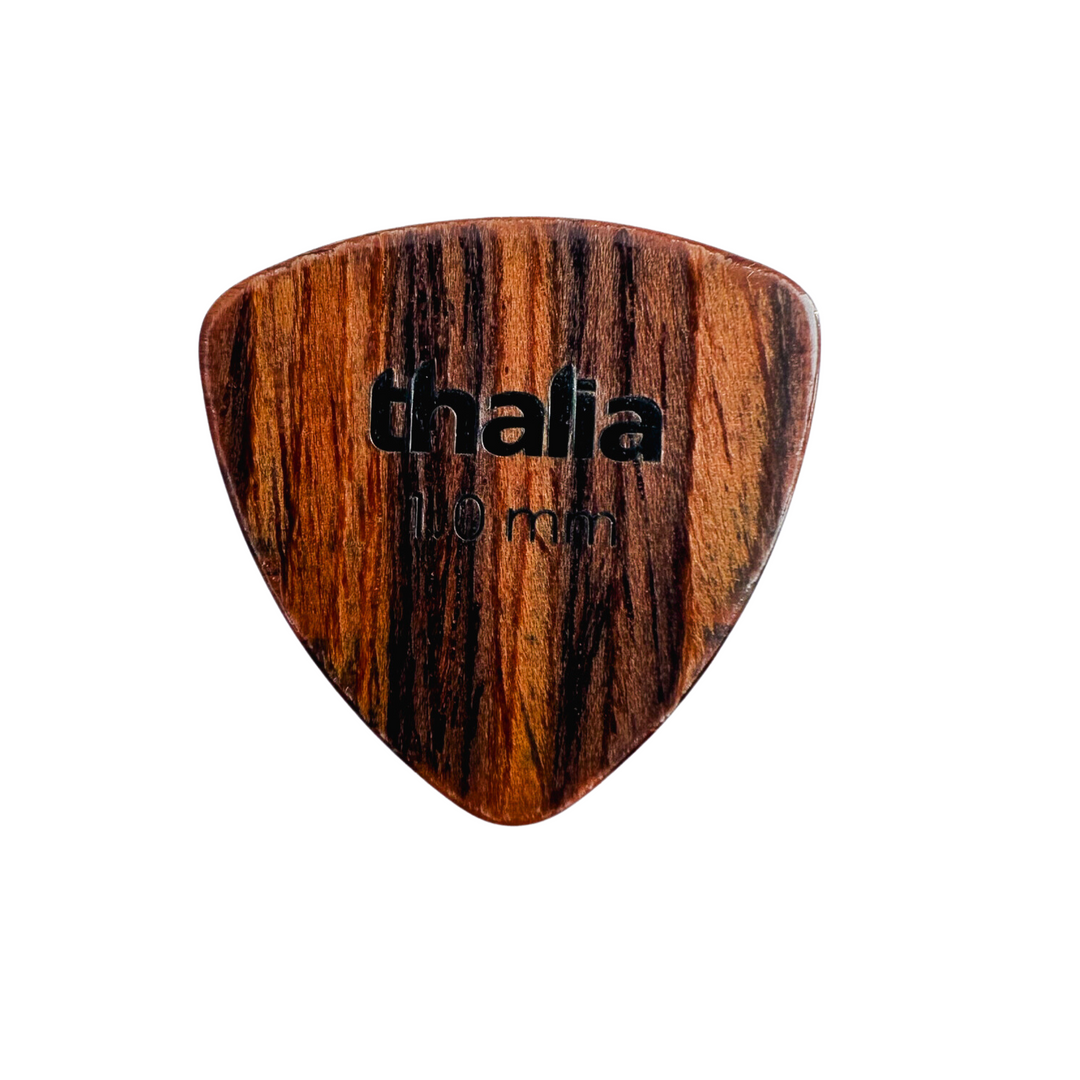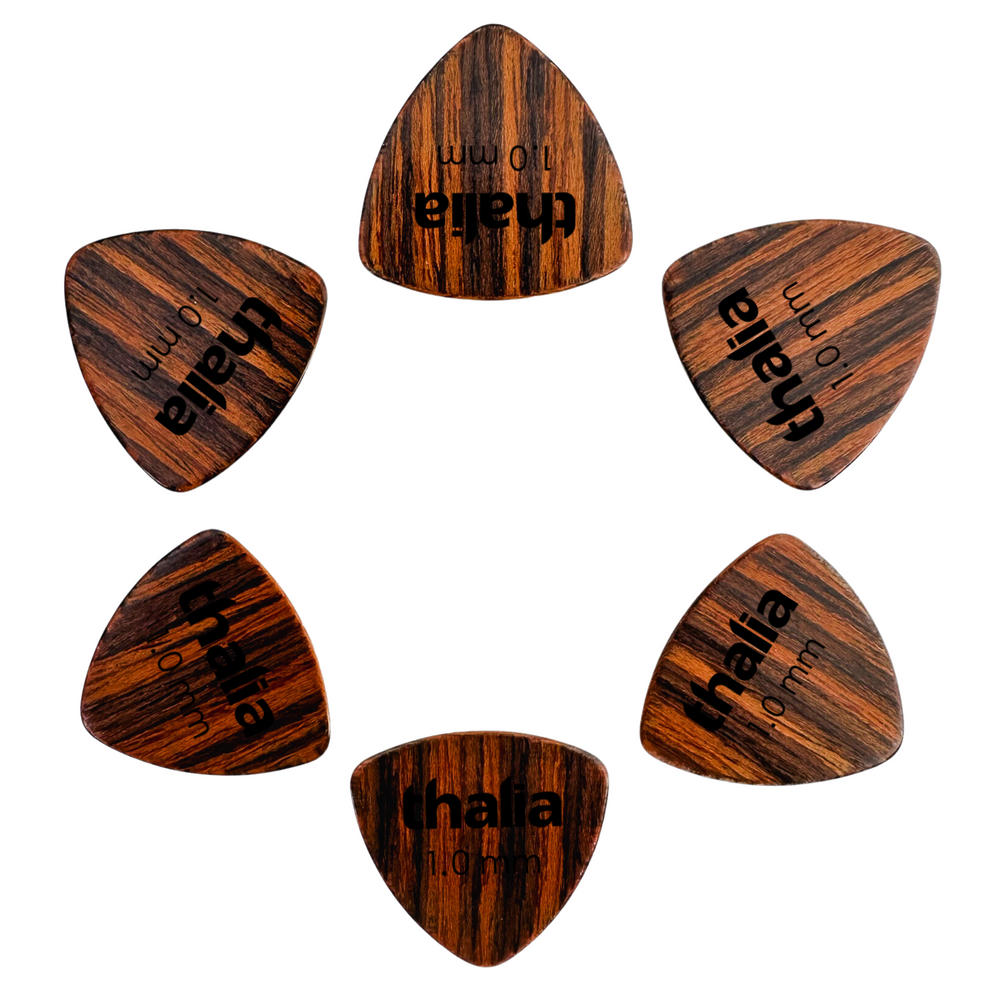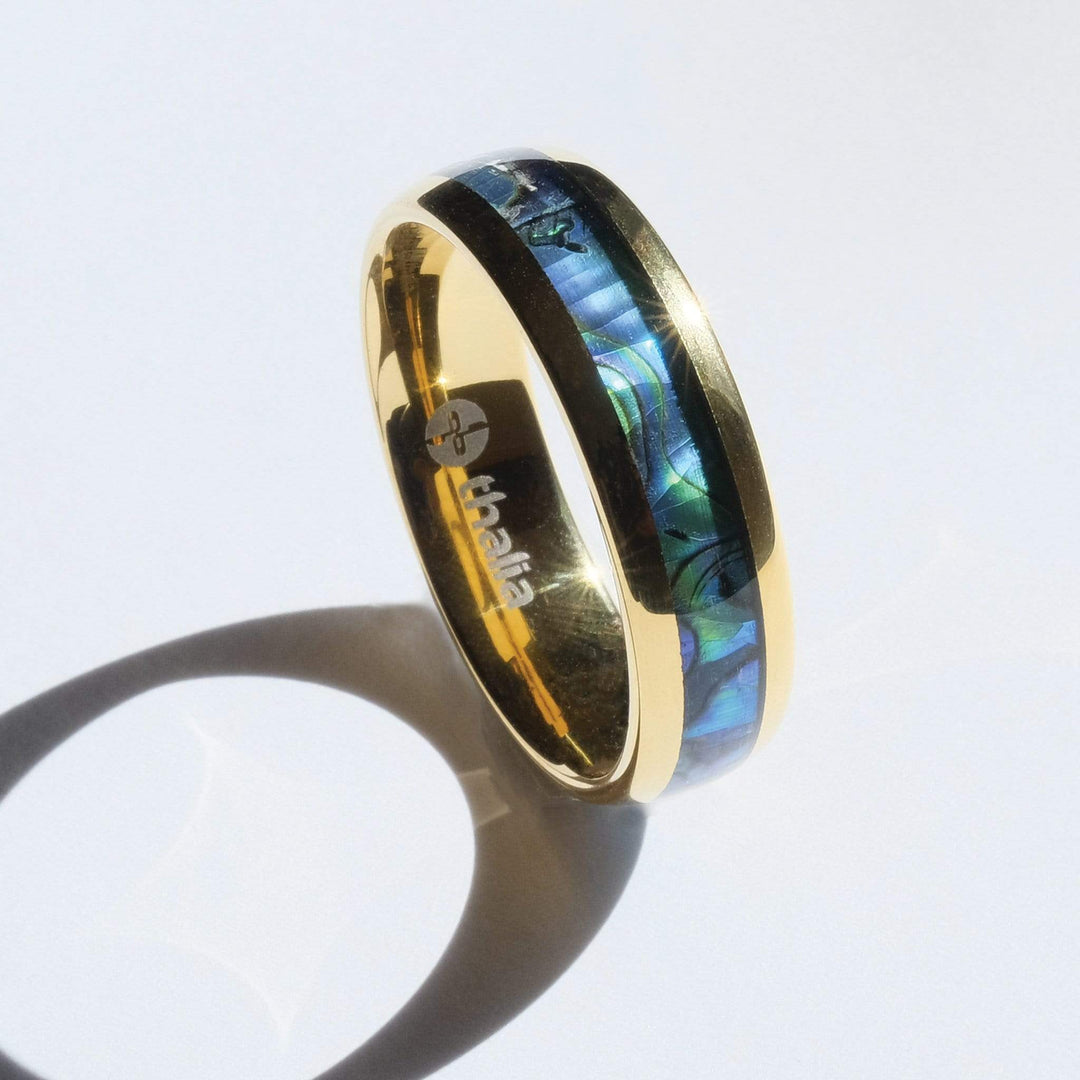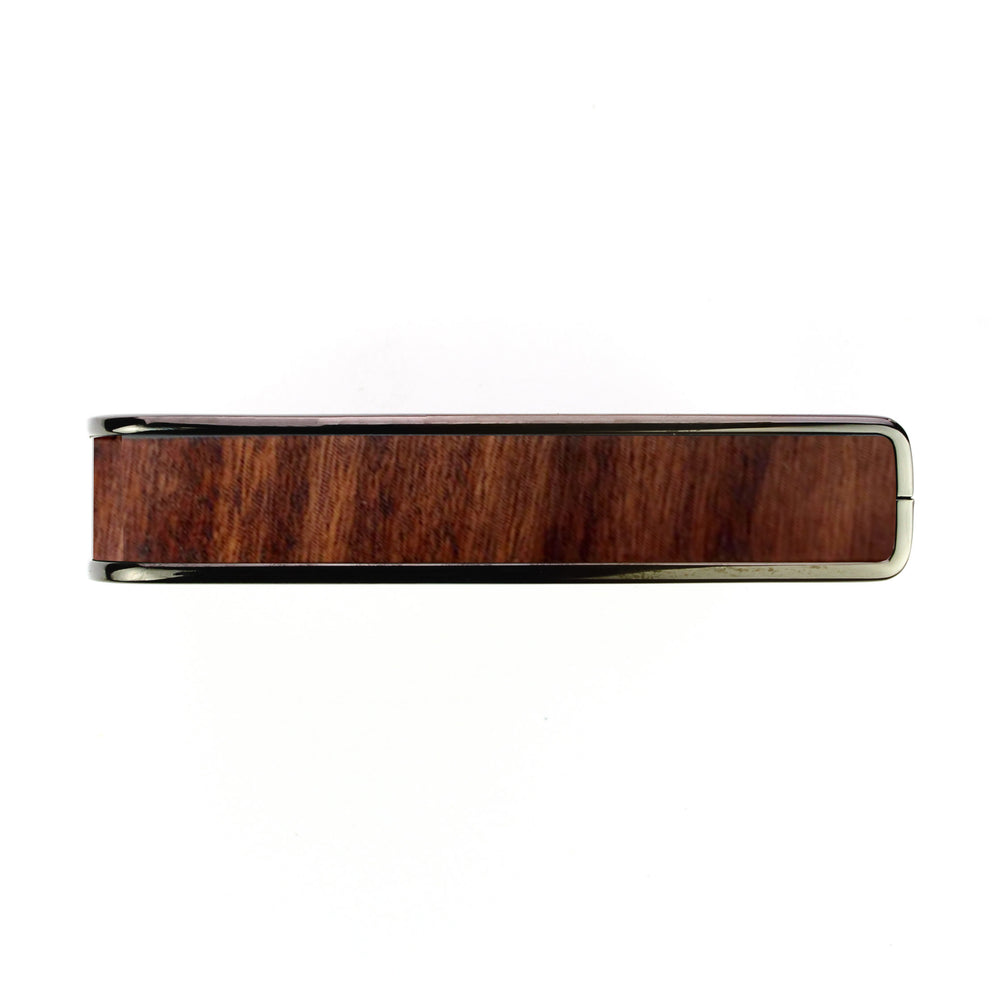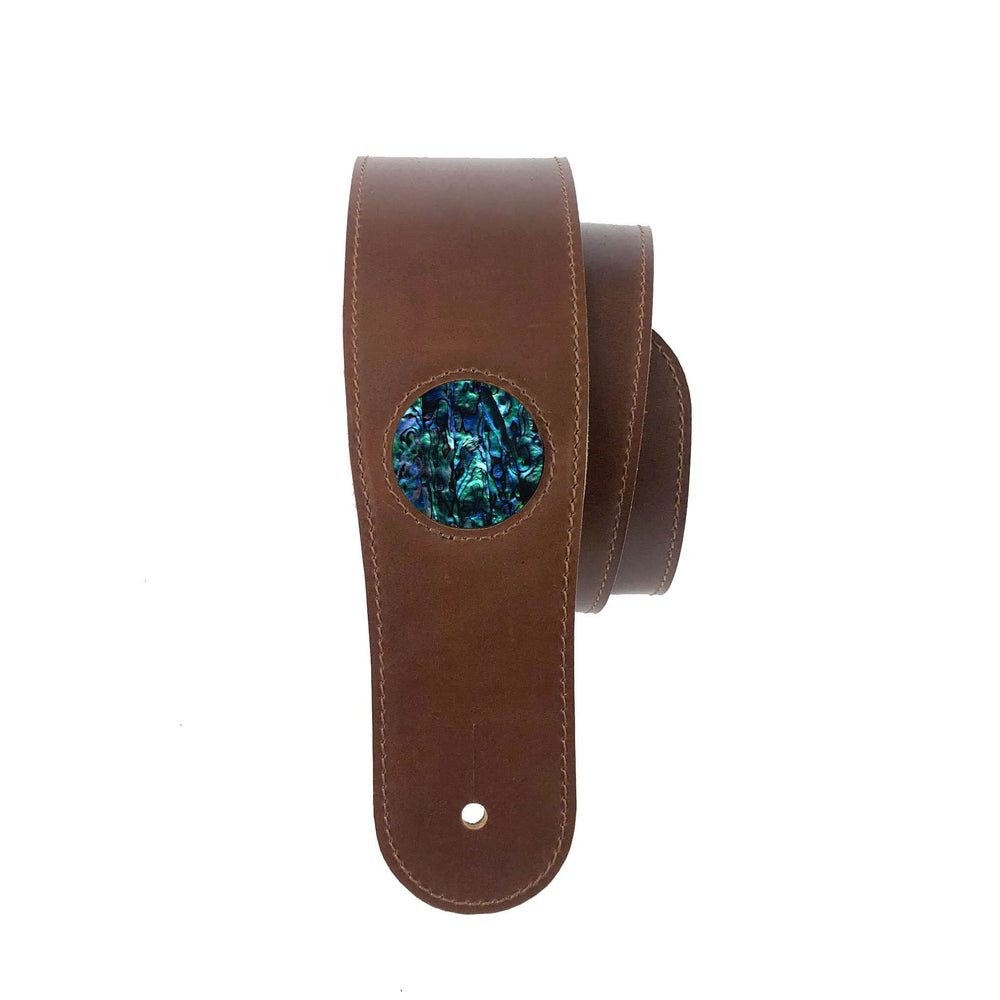Tommy Emmanuel Interview (Part 4)

Here it is, the fourth and final installment of our interview with the legendary Tommy Emmanuel.
If you didn’t catch the first installments, or are in need of a recap, then you can kick off here. Otherwise, read on for Tommy’s thoughts on pushing the limits live, his preference for one-take recording, and what young guitarists need to do to be the next Tommy Emmanuel.
There’s something to be said for spontaneity, which is a big part of your playing. When you record, you like to try and do things in one take…
 |
|
|
Exactly. I never like to spend hours laboring over something, dropping in and all that. I can’t be bothered doing that. If I can’t play it, then I can’t play it. And if I can’t play it, then I need to practice it until I can. It’s as simple as that. When I go to the studio, I’m always trying to play as if I’m on stage. I enjoy being in the studio. I’m in heaven when I’m sitting in front of a good microphone and I can hear my guitar really well in the headphones. I use a lot more dynamics when I’m in the studio. I can get on the mic and get off it and get softer and all that sort of stuff. That gives me a lot of pleasure.
Do you think that people being able to drop in and do multiple takes so easily has a negative impact on guitar playing? Does it become too perfect and too polished?
Well, it depends. Certain music has to be done perfectly. But then there are other things, like the track I did with Mark Knopfler on my new album. It’s not perfect, but then, we didn’t want it that way. We wanted it to sound like a couple of old guys sitting at the bar, and that’s exactly what we got. I’m always trying to get the best take that I can, the best sound, I’m always shooting for that. But I’ll always go with something that feels great, even if I could have gotten a better tone on it or something. If it’s musically right up there and exciting, I’ll just live with that.
One of the things I’ve always loved about your playing is that you have incredible moments of flair, but they never come at the expense of melody and songwriting. How do you strike that balance in your playing?
The truth is, I believe that people who come to a show don’t want to see you coasting. They want to see you getting out on a limb and really pushing yourself. At least, that’s what I think. If I go to see an artist and he doesn’t even look like he’s trying, I feel like leaving. I want to see your heart and soul, I want to see you work. I think that’s what people in general need to see. So I’m always pushing myself out there.
But, at the same time, I’m willing to walk that line. My musical taste would tell me “I played too much in that song.” But my love of playing for people tells me “give ‘em more.” You always walk that line. Of course, there are certain songs that I play where I don’t do anything but try to play them with as much feeling as I can. That’s the right thing, I think. But, when I play a tune like “Guitar Boogie,” I play any damn thing I want and push it to the limit of where I think it should be. I think it’s exciting for people to see you stretching out and to see where you can take it. I think that’s part of entertainment, too.
When watching from the audience, there’s something very exciting about seeing a guitarist pushing it. Things don’t feel safe…
In the times when I doubt myself and think, “maybe I should tone it down a bit, maybe I shouldn’t play so much,” I just go and watch Oscar Peterson for five minutes and he fires me back up. I realize that he’s playing so much that it’s ridiculous, but it’s all good!
Do you think your approach came from starting off so young? I guess in your family band days, you must have been in front of a lot of hard-to-please audiences?
Exactly! I come from a place where, in order to make a living, I had to play in pubs and bars where people didn’t listen. You had to play everything loud, and hard and fast. That was my training ground. The other thing that people don’t realize is that, in the early days, my shows were so full-on because I had to get peoples’ attention. Nowadays, I do what ever I want because I can. But I had to get peoples’ attention in the first place so they would come back and see me again. I slowly built an audience by grabbing them by the throat from the very first time and not letting them go. That’s why I played that way was to get people’s attention. When someone comes up to you and says, “my god, when are you coming back?” – that’s what you want to hear.
There’s always something fun about showing people with a preconceived notion about acoustic guitar playing one of your videos. The playing is so exciting that it takes people aback. People expect it from electric, but to see it on acoustic is really eye-opening to the non-initiated.
Yeah! Well, you have to remember that I’m in the entertainment business. And I’ll use whatever I can to entertain people.
On that note, if somebody comes up to you and says “I want to what you do. I want to be a guitar player and make a success out of it.” What would you say to that person?
You’d better start learning some good songs now. Give yourself plenty of time. There’s a lot of work ahead. Learn as many good arrangements as possible. Even on your worst night, if you’re not playing well or there’s no magic in the air, you’d better have some good songs to play. It’s as simple as that. Getting a big repertoire of good songs, good arrangements… you’re gonna need to stand on that at least.




